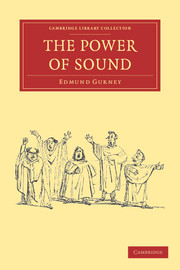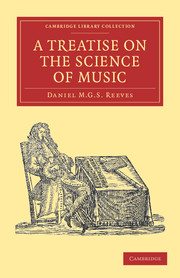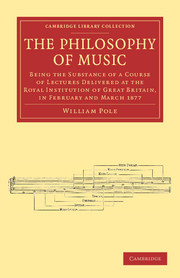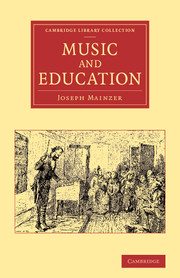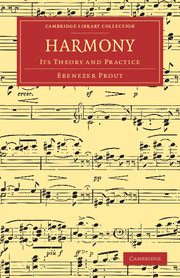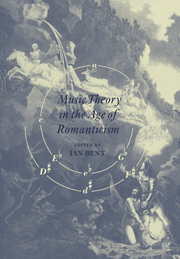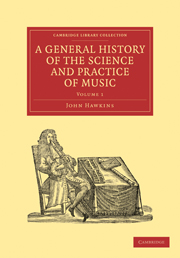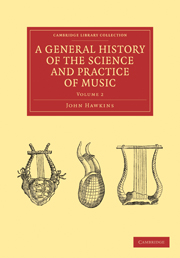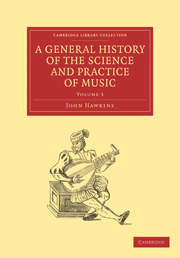The Power of Sound
£43.99
Part of Cambridge Library Collection - Music
- Author: Edmund Gurney
- Date Published: October 2011
- availability: Available
- format: Paperback
- isbn: 9781108038638
£
43.99
Paperback
Looking for an inspection copy?
This title is not currently available on inspection
-
Edmund Gurney (1847–88) is today best known for his work on psychical research, but from a young age he harboured the ambition to be a composer and performer. Frustrated in this aim, he began writing on the philosophy and psychology of music. This work of 1880 was an attempt to apply a strictly scientific method of enquiry to music, and it is regarded as one of the most important and original treatises from the nineteenth century on musical aesthetics. Gurney discusses the sensations of pleasure and pain in relation to the senses, and goes on to examine how the listener differentiates between 'noises' and 'tones'. He explores whether there is an elemental difference between a 'good' and a 'bad' melody, the ultimate futility of the critic trying to describe music, and the 'moral' conclusion to be drawn from a preference for the music of Rossini over that of Beethoven.
Customer reviews
Not yet reviewed
Be the first to review
Review was not posted due to profanity
×Product details
- Date Published: October 2011
- format: Paperback
- isbn: 9781108038638
- length: 578 pages
- dimensions: 229 x 152 x 33 mm
- weight: 0.84kg
- availability: Available
Table of Contents
Preface
1. The organs and impressions of the higher senses
2. Unformed sound
3. The elements of a work of art
4. Abstract form as addressed to the eye
5. Abstract form as addressed to the ear
6. Association
7. The factors of melodic form
8. Melodic forms and the ideal motion
9. The relations of reason and order to beauty
10. Further remarks on musical form and 'subject'
11. Polyphony and harmony
12. Material and colour
13. The two ways of hearing music
14. Music as impressive and music as expressive
15. The suggestion by music of external objects and ideas
16. Music in relation to intellect and morality
17. Further peculiarities of music's nature and position
18. Music in relation to the public
19. The sound-element in verse
20. Song
21. The speech theory
22. Opera
23. Musical criticism
Appendices.
Sorry, this resource is locked
Please register or sign in to request access. If you are having problems accessing these resources please email [email protected]
Register Sign in» Proceed
You are now leaving the Cambridge University Press website. Your eBook purchase and download will be completed by our partner www.ebooks.com. Please see the permission section of the www.ebooks.com catalogue page for details of the print & copy limits on our eBooks.
Continue ×Are you sure you want to delete your account?
This cannot be undone.
Thank you for your feedback which will help us improve our service.
If you requested a response, we will make sure to get back to you shortly.
×
